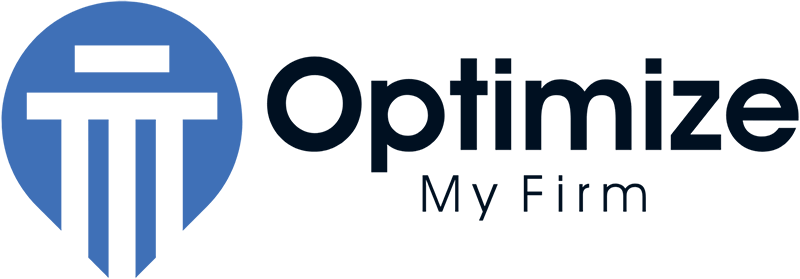The COVID-19 (coronavirus) has now spread across the Globe from Wuhan, and the fatalities continue to grow on a daily basis. To date, at least two New York City lawyers have been diagnosed with the illness. Although the risk of transmission of the coronavirus is still low, law firms must monitor the virus as it spreads, and they must implement a definitive contingency plan. That plan should be periodically updated.
How the Coronavirus Spreads
According to the U.S. Centers for Disease Control and Prevention (CDC), it’s believed that COVID-19 spreads in one of two ways. First, there’s the possibility of person-to-person transmission. For example, a person who is carrying the virus might cough or sneeze within six feet of a perfectly healthy individual and spread infected respiratory droplets. That healthy individual might acquire the coronavirus. The second way that COVID-19 is believed to spread is from physical contact with a contaminated surface or object that already has the virus on it. A person might touch that surface or object, and then touch their face, eyes, mouth or nose. The coronavirus seems to be easily spread.
The Occupational Safety and Health Act
Section 5(a)(1) of the Occupational Safety and Health Act is known as the legislation’s general duty clause. It imposes a broad duty on employers to have a workplace that is free from hazards, including infectious diseases. Here are some basic preventative measures that a law firm might want to implement to help protect against the coronavirus at the office:
- Perform a Risk Assessment: Encourage proper hygiene practices at the law firm. Educate employees on recognizing the symptoms of coronavirus and what they should do in the event that they come into contact with a person who is carrying the coronavirus.
- Simple Sanitation: Hand sanitizer, paper towels and trash cans for them should be placed in all work areas and washrooms. Sanitizer and paper towels should be replaced when needed. Trash cans should be emptied as needed.
- Stay Current: Coronavirus updates are rapidly circulated. Management must check CDC and World Health Organization updates and advisories. These should be effectively communicated to all lawyers and support personnel.
- An Outbreak: If an outbreak of the coronavirus is confirmed, policies and procedures on absences, quarantines and remote work should be triggered. The law firm’s coronavirus contingency plan must be effectuated.
- Travel and Meetings: Non-essential business travel must be put on hold. Lawyers must stay away from places where there are CDC travel warnings. Attorney and client conferences and business meetings can be arranged through video links.
- Reporting: If an attorney is traveling to a high-risk destination or has been in such an area, that fact must be reported, regardless of whether the individual is experiencing any coronavirus symptoms.
For purposes of the continuity of your business, employees must feel that they’re being as well taken care of as possible. Without feeling that assurance, some just wont show up. Communicate with employees frequently and effectively and advise them that you’re providing them with the most current government information possible. If employees must work remotely, be sure that there is a reliable chain of supplies and information. An information technology employee should be on your coronavirus crisis team. Anybody who answers a phone call on behalf of your law firm should be scripted on what your firm is doing in relation to the coronavirus. Planning on how your law firm can continue to operate as seamlessly as possible during a coronavirus outbreak is crucial for its continuity.

